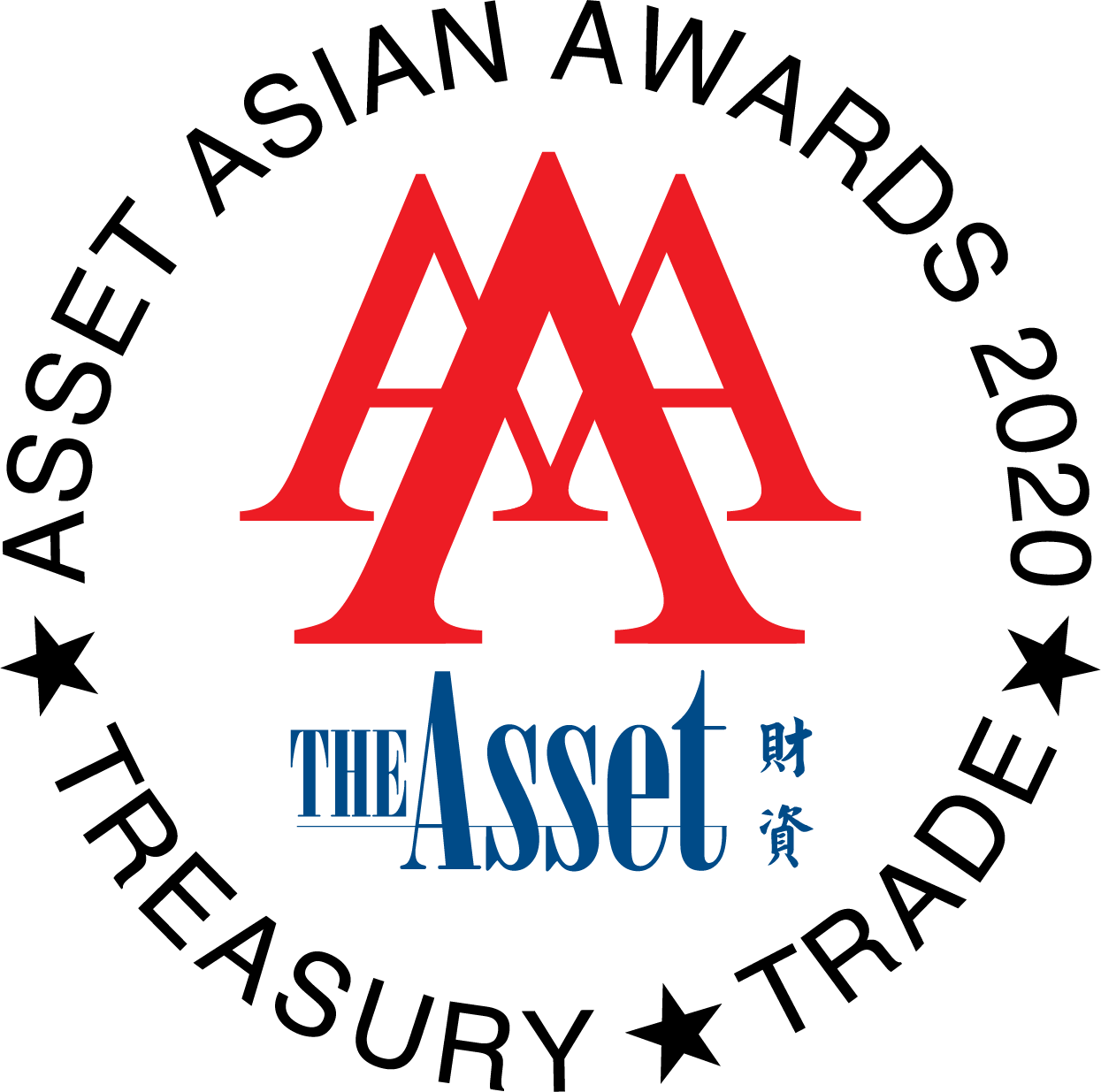
To say renminbi internationalization had a smooth run in 2019 would be a fallacy. Amid the US-China trade war, the renminbi exchange rate traded down to levels not seen since the 2008 financial crisis – breaking seven yuan to the US dollar in August 2019. With the threat of additional trade tariffs from both sides, coupled with China being named a “currency manipulator”, renminbi stability – rather than internationalization – took centre stage.
Facing this unprecedented challenge to its currency, China recently launched a digital version of the renminbi, called digital currency/electronic payment (DCEP) in several pilot Chinese cities that could potentially set a new course for the renminbi’s internationalization. In addition to its existing role as an international trade settlement currency, the renminbi in digital format could underpin another strategy by leveraging on the country’s legions of consumers.
Unlike popular cryptocurrencies like Bitcoin and Ethereum, DCEP is fully backed by the People’s Bank of China (PBoC), making it the first digital currency of this kind in the world. As PBoC is able to monitor its movements and transaction data, the launch of DCEP could curb illegal activities like money laundering and tax evasion. The other advantage is cost, given that banknotes and coins, which DCEP replaces, require higher issuance and maintenance costs.
But another, far more strategic benefit for China is DCEP’s potential role as an alternative to the US dollar, and as a vehicle to avoid transactions having to be cleared through US dollar settlement systems, such as Swift (Society for Worldwide Interbank Financial Telecommunication), if the US decides to further weaponize the use of the dollar and exclude Chinese banks and dealers from international transactions, which is today the case for Iranian and North Korean entities.
Since the currency won inclusion in the International Monetary Fund’s special drawing rights basket in October 2016, the renminbi has struggled to increase its share of international trade settlements. Data from Swift reveals that the renminbi over the past three years has maintained its position as the fifth or sixth currency in terms of global payment usage, indicating little progress in penetrating the payments settlement landscape.
Data from Swift’s RMB Tracker using MT 103 and MT 202 messages shows that the renminbi in April 2020 represented only 1.66% of global payment settlements based on value, a slight drop from the 1.88% recorded in April 2019. This is well below the US dollar and euro, which together account for nearly 75% of the total value of global payment settlements.
Aside from testing the renminbi digital currency, recent steps to further open up China’s capital markets are in the direction of renminbi internationalization. As foreign investors increase their purchase of Chinese bonds, this creates additional demand for the currency.
These increased foreign inflows are just at their infancy. With index providers, such as Bloomberg Barclays’ Global Aggregate Indices and J.P. Morgan’s benchmark emerging-market indices, undertaking step-by-step increases for the inclusion of Chinese credits, international investors that track them have to move in lock step.
China’s Belt and Road Initiative, which has been both praised and criticized internationally, is similarly a catalyst for encouraging renminbi usage. Chinese corporates, for example, are looking to use the renminbi to finance infrastructure projects in these locations.
Within the ongoing developments and prospects around the renminbi, two banks continue to persevere – HSBC and Standard Chartered. They are the undisputed leaders globally in educating and encouraging the use of the renminbi internationally and, consequently, are both winners of The Asset’s Triple A Award as the Best Renminbi Bank across multiple markets. Over the past year, both banks have been able to offer meaningful renminbi services, from cash management to securities services, and score wins in several key markets in 2019.
To view the Best Renminbi Banks by country/territory, please click here.
To learn more about these awards, please click here.
For more information about receiving the awards, please contact [email protected]









